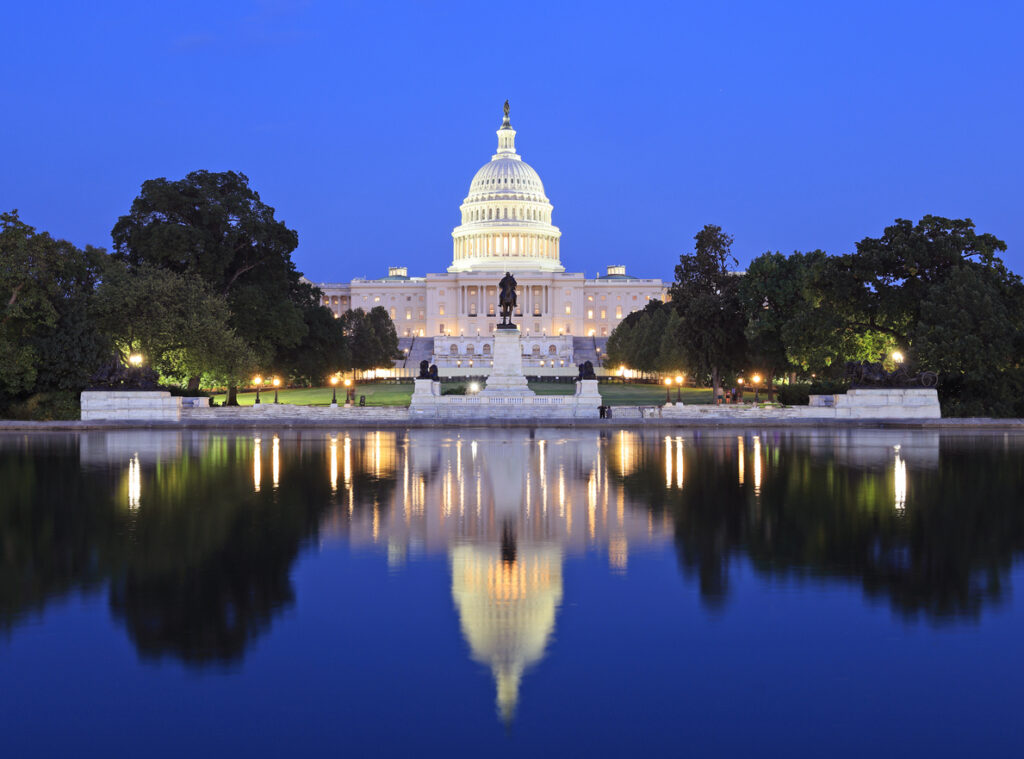Archie Harrison Mountbatten-Windsor was born to parents Prince Harry of England and Princess Meghan Markle this week. The baby prince is currently seventh in line to the British throne. But is he British or American (or both), and if he’s American, will he have to pay US taxes?
Citizenship based taxation
The US has an unusual taxation system in that it taxes based on citizenship. Nearly every other country has either a territorial tax system, meaning that a country exclusively taxes income generated in that country (whether by a resident or non-resident), or a residence based tax system, meaning that everyone who lives in that country has to pay taxes there, often on their worldwide income.
The US on the other hand taxes all of its citizens on their worldwide income, wherever in the world they live.
This often creates complications for Americans living abroad, who can find themselves subject to both US taxes as well as taxes in their country of residence.
The US has signed tax treaties with lots of other countries, however they tend to include a clause that allows the US to tax their citizens as if the rest of the treaty didn’t exist.
So all Americans living abroad whose income is over $14,600 (for 2024, or just $400 of self-employment income) are required to file a tax return each year, reporting their worldwide income.
To avoid double taxation, expats must claim one of more exemptions or credits when they file, such as the Foreign Earned Income Exclusion, or the Foreign Tax Credit. Which it is best to claim depends on each expat’s circumstances.
Expats also have to report their foreign bank and investment accounts and financial assets if they exceed certain thresholds.
“All US citizens abroad are subject to the Foreign Account Tax Compliance Act (FATCA), including royalty. There’s no exception for being related to the sovereign of another nation.” – Inc
We recommend that Americans living abroad who have any questions about their US tax situation consult an expat tax specialist at their earliest convenience.
Accidental Americans
Another feature of the American tax system is that anyone with the right to be an American citizen is considered to be an American citizen and so required to file US taxes, even if they’ve never had an American passport, or lived in America, or enjoyed any other rights that Americans are entitled to.
So for example someone born in the US to foreign parents who were there temporarily, or someone born abroad to an American parent (or sometimes just a grandparent), may automatically considered to be US citizens, even if they’re unaware of it. These folks are known as Accidental Americans, and they are required to file US taxes unless they file and claim a provision to exempt them. A famous example of an Accidental American is British politician Boris Johnson (the former mayor of London, who was born in the US but whose British parents moved back to the UK while he was still a baby). At age 50, Mr Johnson was presented with a US capital gains and back taxes bill when he sold his home in London aged fifty (the IRS knew about the sale due to his public profile).
So is Prince Archie Harrison American?
Prince Harry’s media representative announced that Meghan Markle would apply to become a British citizen in the normal way for an American marrying a UK citizen, which takes several years. As Meghan can’t renounce her American citizenship (which in itself is an expensive process, involving a steep fee and a possible exit tax) without being a citizen of another country first, it is highly probable that she is still American.
Assuming so, then Prince Archie Harrison is American too, in so far as his mother is American and she has lived in the US for over five years, two of them over the age of 14 (these are the State Department rules for a foreign born baby to qualify for American citizenship).
As a result, Prince Archie Harrison is almost certainly American as well as British, unless or until he renounces his American citizenship. It’s not possible for minors to renounce US citizenship before reaching age sixteen however, and because Archie Harrison is likely to inherit substantial wealth and possibly valuable gifts and trusts, before then, he may still be faced with a steep bill if he does this. Furthermore, investments that receive tax free benefits in the UK will still be liable to US taxation in the meantime.
So it’s time for the young royal prince to do some US tax planning.
The most beneficial route for the young prince to take to minimize his lifelong tax burden would be for his family to minimize passing wealth on to him before he is able to renounce his US citizenship (although by then he may of course value his US citizenship and not want to renounce it!).
The benefit of filing separately
Princess Meghan on the other hand is stuck filing US taxes (as an American citizen) and British taxes (as a British resident) for the foreseeable future.
She no doubt has excellent advice, and this advice would certainly have been to ensure that when she files her US tax return after having married, she must check the box marked ‘Married Filing Separately’. This will prevent her husband Prince Harry also becoming liable to pay US taxes.
As British income tax rates are higher than US rates, Princess Meghan will almost certainly claim the US Foreign Tax Credit (on her UK source income) when she files her US return, allowing her to claim US tax credits to the same value as the British taxes that she has paid, and so eradicating her US tax bill.
So while she still has to file a US tax return, and report her foreign assets and any foreign financial (bank or investment) accounts she may have, it will most likely end up solely a reporting exercise, and her husband’s and the wider British royal family’s finances will remain outside the US tax system.
Catching up
While most Americans living abroad aren’t as wealthy as Princess Meghan , they are nonetheless all liable to file a US tax return. The IRS has global reach thanks to tax information exchange agreements with foreign governments and even access to account information from foreign banks and investment firms, and we strongly recommend that expats who require assistance filing their US taxes in the most beneficial way seek assistance from a US expat tax specialist at the earliest opportunity.
Expats who are behind with their US tax filing can catch up without facing penalties under an IRS amnesty program called the Streamlined Procedure, so long as they do so voluntarily before the IRS contacts them.

 Connect on LinkedIn
Connect on LinkedIn

